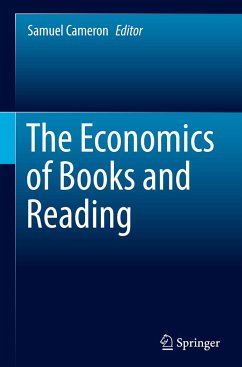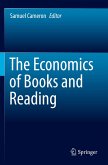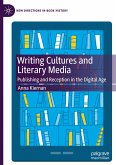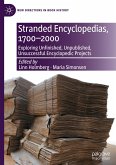This book gives an overview of the key issues related to books and reading within the field of cultural economics and identifies additional lacunae in this area of research. The field of cultural economics is surprisingly short on research on the book market and on the activity of reading compared with other more recently invented media such as films and musical recordings. In addition, books and reading are strongly impacted by the disruptive innovations of digital technology and the use of online distribution platforms that fuel much of the research on the more recently invented cultural media. This book shows that the area of books and reading has had contributions in historically established areas of cultural economics and those currently exciting attention - chiefly with respect to digital disruption. Finally, it explains how books and reading are a fully developed rational addition model rather than something just based on the addition of past behaviour.
Previously published in Journal of Cultural Economics Volume 43, issue 4, December 2019
Previously published in Journal of Cultural Economics Volume 43, issue 4, December 2019








